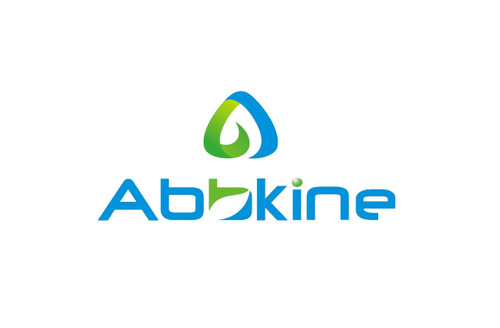Product Description
Mouse Striatin (STRN) ELISA Kit | AE15735MO | Abebio
Species Reactivity: Mouse (Mus musculus)
Abbreviation: STRN
Alternative Name: MGC125642; SG2NA; striatin; calmodulin-binding protein
Application: ELISA
Range: Request Information
Sensitivity: Request Information
Intra-Assay: ≤5.2%
Inter-Assay: ≤7.8%
Recovery: 0, 98
Sample Type: Serum, Plasma, Other biological fluids
Detection Method: Sandwich
Analysis Method : Quantitive
Test Principale: This assay employs a two-site sandwich ELISA to quantitate STRN in samples. An antibody specific for STRN has been pre-coated onto a microplate. Standards and samples are pipetted into the wells and anySTRN present is bound by the immobilized antibody. After removing any unbound substances, a biotin-conjugated antibody specific for STRN is added to the wells. After washing, Streptavidin conjugated Horseradish Peroxidase (HRP) is added to the wells. Following a wash to remove any unbound avidin-enzyme reagent, a substrate solution is added to the wells and color develops in proportion to the amount of STRN bound in the initial step. The color development is stopped and the intensity of the color is measured.
Product Overview: Striatin, a quantitatively minor protein belonging to the WD-repeat family of proteins, is a Ca2+/calmodulin-binding protein mostly expressed in the striatum and in the motor and olfactory systems. Generally associated with membranes, striatin is mostly found in dendritic spines where it is likely to play a role in Ca2+-signaling events. The predicted corresponding peptide is potentially able to form a basic amphiphilic helix, as is often the case for many known calmodulin-binding sites. Calmodulin binding to striatin is Ca2+-dependent, with half-maximal binding occurring around 0.5 μm free Ca2+. In the presence of Ca2+, the equilibrium dissociation constant of calmodulin/striatin fusion protein complex is 40 ± 5 nm.
Stability: The stability of ELISA kit is determined by the loss rate of activity. The loss rate of this kit is less than 5% within the expiration date under appropriate storage condition. The loss rate was determined by accelerated thermal degradation test. Keep the kit at 37°C for 4 and 7 days, and compare O.D.values of the kit kept at 37°C with that of at recommended temperature. (referring from China Biological Products Standard, which was calculated by the Arrhenius equation. For ELISA kit, 4 days storage at 37°C can be considered as 6 months at 2 - 8°C, which means 7 days at 37°C equaling 12 months at 2 - 8°C) .
 Euro
Euro
 USD
USD
 British Pound
British Pound
 NULL
NULL








